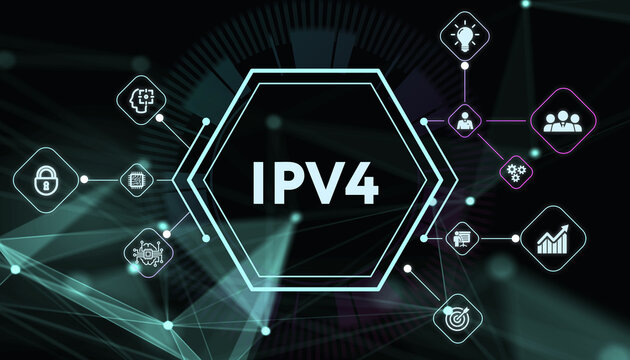IPv4 loopback addresses are pivotal for network testing and diagnostics, acting as a mirror to reflect data back to the source without it leaving the device.
These addresses, primarily 127.0.0.1, are essential for ensuring that network setups function correctly. This blog delves into the basics of IPv4 loopback addresses, from their historical development to practical applications.
You'll learn how to use these addresses for diagnostics across different operating systems and understand their significance in networking. Whether for troubleshooting or development, mastering IPv4 loopback addresses is a must for anyone in the field of networking.
Let's dive into the world of IPv4 loopback addresses, starting with their definition and importance.
What Are IPv4 Loopback Addresses?
An IPv4 loopback address is a special type of IP address. Think of it like a shortcut for a computer to talk to itself. Instead of sending information out over the internet or a local network to get back to the same computer, the loopback address sends the data directly back to the computer that sent it. This is super helpful for testing and making sure everything on the computer is working right.
Defining IPv4 Loopback Address
The most well-known loopback address is 127.0.0.1. This address is part of a whole range, 127.0.0.0 to 127.255.255.255, that's set aside just for loopback purposes. When you use this address, you're telling your computer to send the information right back to itself.
The Story Behind Loopback Addresses
Loopback addresses weren't always a thing. They were created as computers and networks got more complex, and people needed a simple way to test network connections without setting up multiple machines. This idea has been around as long as the internet itself, helping developers and network engineers test and debug systems efficiently.

How They Work
The Inner Workings of Loopback Addresses
Here's how it happens: When you send data to the loopback address, your computer's networking software catches this and loops it right back. It's like throwing a ball against a wall and catching it yourself. This is awesome for testing because you don't need another computer or device to see if your system is sending and receiving data correctly.
Setting Up Loopback Addresses
Testing your loopback address is easy. On Windows, you can open Command Prompt and type ping 127.0.0.1. On Linux/Unix and macOS, you'll use Terminal and similar commands. If everything's working, your computer will respond to itself, proving the network functions are good.
Why IPv4 Loopback Addresses Matter
IPv4 loopback addresses are not just technical jargon; they play a crucial role in the smooth running of our networks and internet. Let's explore why they are so important.
Diagnostics and Troubleshooting
Loopback addresses are the first go-to tool for network diagnostics. Think of them as your computer's self-check feature. By sending a message to the loopback address and seeing if it comes back, you can confirm that your computer's networking is up and running. It's like checking if a microphone is on by tapping it. If there's no sound, you know something's wrong.
This simple test can tell you whether your network interface card (NIC), which connects your computer to the network, is working properly. If you can't "ping" the loopback address, it might mean your NIC is not configured right or your operating system's network settings are messed up.
Building and Testing Network Applications
Developers use loopback addresses to test network applications locally. If you're making a website, for example, you can use the loopback address to access your site from your own computer, as if you were a visitor. This lets you test features and fix bugs before making the site live on the internet.
Keeping Networks Secure
Loopback addresses can also enhance network security. By assigning services to loopback addresses, you ensure they're only accessible from the host machine, not from the outside world. This setup is ideal for services that should be kept private, like certain administrative tools or databases.
Network Reliability
In larger network infrastructures, like those used by internet service providers (ISPs) and large enterprises, loopback addresses provide a reliable way to identify and manage devices. Because these addresses are not tied to physical hardware, they remain consistent even if a device's hardware changes. This stability is crucial for the ongoing management and troubleshooting of large networks.
Summary
Understanding and using IPv4 loopback addresses is essential for anyone involved with computers and networks, whether you're a network professional, a software developer, or just someone interested in how the internet works.
These addresses help ensure our networks are reliable, secure, and functioning correctly, making them an indispensable part of modern networking.
Now that we've covered the essentials of IPv4 loopback addresses, their importance, and their applications, you should have a good grasp of why they're so crucial in the digital world. Whether it's for troubleshooting, development, or security, loopback addresses are a key tool in the networking toolkit.


